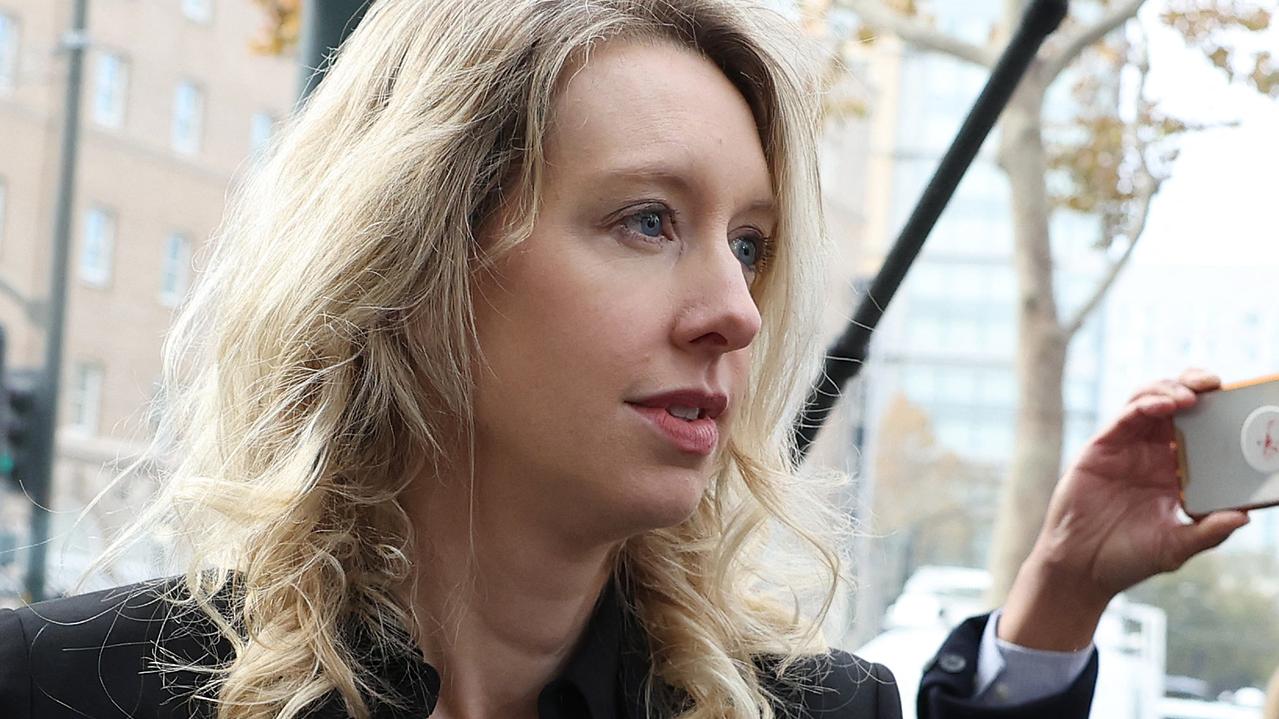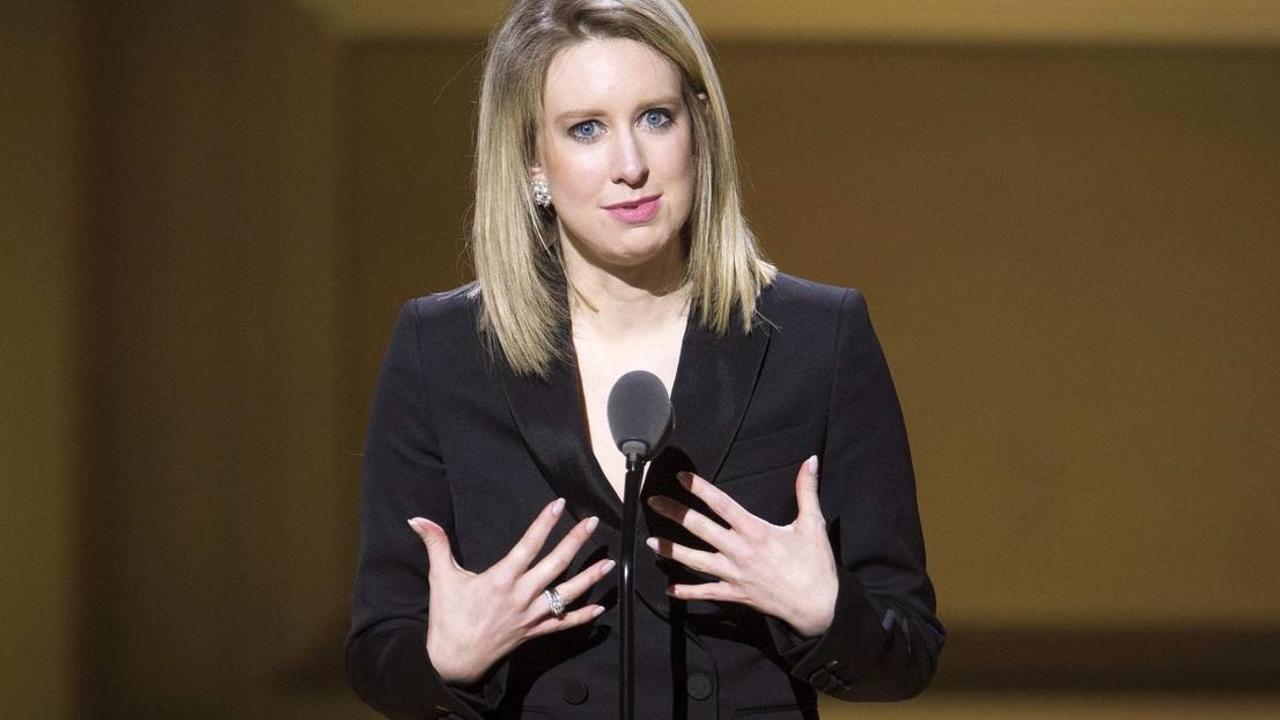
This article is more than
2 year oldThe disgraced former CEO of Theranos, Elizabeth Holmes, is due to report to prison in Texas today to begin her 11-year sentence for defrauding the company’s investors.
Holmes was convicted on four counts of fraud and conspiracy in January of last year. Earlier this month, a US federal appeals court shot down her request to remain free while appealing that conviction.
The court did allow her to report for incarceration after America’s Memorial Day holiday weekend, primarily to let her organise childcare for her one-year-old son William and three-month-old daughter Invicta.
The children’s father, Billy Evans, will continue to care for them.
Holmes met Mr Evans after separating from her former partner, and Theranos’ chief operating officer, Ramesh Balwani, whose own 13-year jail sentence started in April after his conviction on 12 counts of fraud and conspiracy.

Holmes, 39, was convicted of defrauding Theranos’ investors ouf of more than $US100 million in November of last year.
She also deceived patients, pretending to have pioneered a machine capable of conducting a wide range of medical tests from a single drop of blood while knowing it didn’t work.
Her sentence could have been harsher if her deception had not been exposed by reporting from The Wall Street Journal, and stopped before it inflicted more damage.
Her trial was initially delayed because of the birth of her son in 2021. By her sentencing hearing more than a year later, she was pregnant with her daughter.
Holmes is expected to be imprisoned in Bryan, Texas, at a prison camp for primarily white-collar, nonviolent female offenders. Her hometown is Houston.
She has also been ordered to pay $US452 million in restitution – though it’s doubtful whether that sum will ever actually be recovered.
A university dropout at the age of 19, Holmes founded Theranos in 2003 and turned herself into the world’s youngest self-made female billionaire by the age of 30, convincing prominent names to invest her vision. But her company was built on lies, which unravelled in the mid-2010s, leaving her a convicted felon at 37.
By 2016, federal investigators had discovered practices at Theranos’ lab which they said posed “immediate jeopardy” to the safety of patients.
At trial, her legal team argued that she was a naive company figurehead who was manipulated by Balwani.
“Every day for the past years I have felt deep pain for what people went through because I failed them. I regret my failings with every cell of my body,” Holmes claimed at the time.

However she recently spoke to the media for the first time since 2016, giving The New York Times extensive access to her life on the cusp of her sentence, and seeking to rehabilitate her image. In that interview she again placed much of the blame on Balwani, insisting she had “deferred to him” in multiple areas of Theranos’ business, including its lab.
Holmes also said she was continuing to work on health-related inventions, and intended to keep doing so in prison.
“I still dream about being able to contribute in that space,” she said.
“I still feel the same calling to it as I always did and I still think the need is there.”
Holmes’ defenders told The Times her downfall “felt like a witch trial, less rooted in what actually happened at Theranos” than in sending “a message to ambitious women everywhere: Don’t girl boss too close to the sun, or this could happen to you”.
They expressed similar complaints in letters to the court. Here, for example, is a quote from one of her sorority sisters at Stanford: “There’s an unspoken lesson for female executives: You are allowed to be successful, but not too successful.”
Another potential lesson: don’t pretend to invent something you haven’t, and then profit egregiously from those lies.
Observers of Silicon Valley worry that America’s tech entrepreneurs have learnt little from Holmes’ false rise.
“Entrepreneurs and investors who run the gamut from charlatans to visionaries are setting aside business plans focused on vague cryptocurrencies and the blockchain, and refocusing instead on generative artificial intelligence,” The Washington Post’sAdam Lashinsky wrote hours before Holmes was due to report to prison.
“Silicon Valley, in all its brilliance and arrogance, its paradigm-shifting moonshots and its spectacular failures, just keeps iterating, in most ways oblivious to its own shortcomings.
“The captivating rise and fall of Elizabeth Holmes did nothing to change that.”